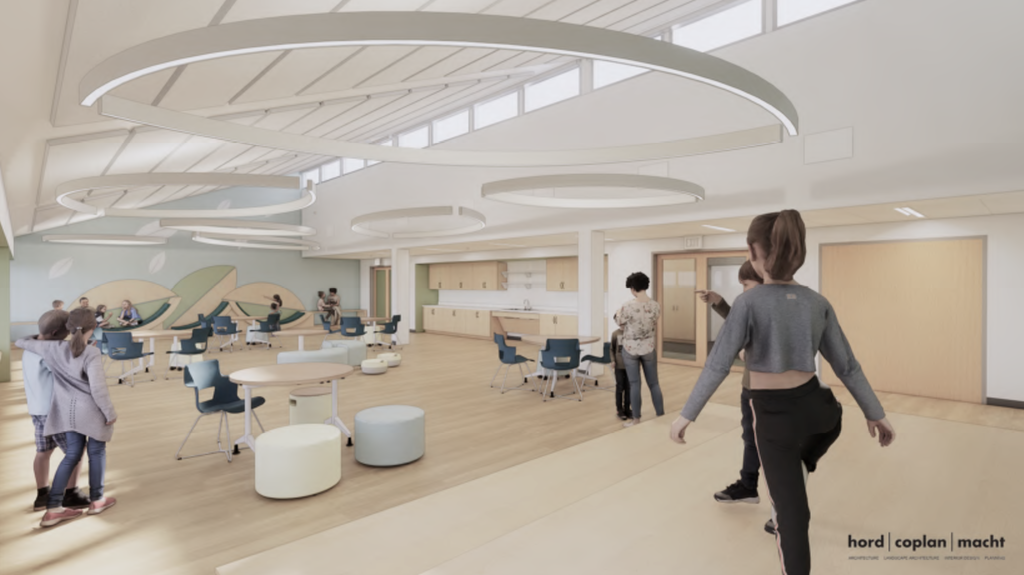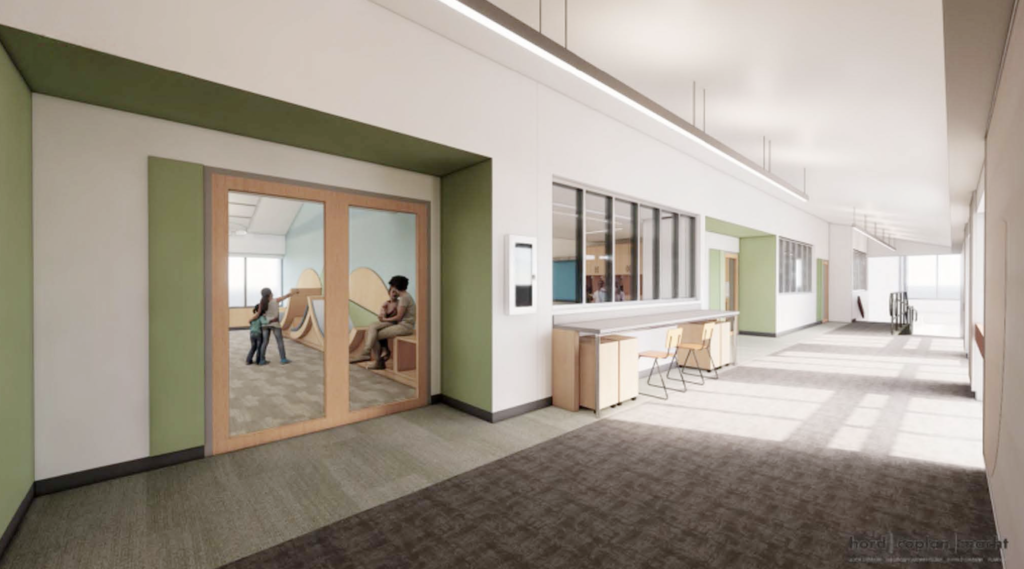Special Interests
Special Interests
Many colleges and universities offer special programs for a variety of individuals. Students with particular backgrounds, affiliations, talents, or interests may wish to engage in extra research.
ATHLETICS
Students who plan to play at a Division I or Division II schools must register with the NCAA Clearinghouse Eligibility Center, and notify the College Counseling office, during their junior year. The Clearinghouse evaluates students’ academic records to determine whether they are eligible to participate at that level.
Athletes who hope to play at Division III schools do not have to register with the Clearinghouse.
For prospective athletes at all levels, it is a good idea to participate in summer sports camps whenever possible. Also, prospective athletes should plan to visit colleges and meet coaches. The process for this is as follows:
- Research the schools in which you are interested. This list should include schools that you would want to attend even if you were unable to play.
- Write a letter to the coaches at the schools on the list; include a sports resume.
- Complete online questionnaires on each college’s athletic recruiting website.
- Set up a time to visit the schools. Call and set appointments with coaches. If possible, take in a practice and spend time with student-athletes.
- Follow up your visit with a thank-you e-mail to the coach.
LGBT
In their college searches, lesbian, gay, bisexual, and transgender students (LGBT) may want to consider the views and values of different campuses. Some schools are expressly open and welcoming to LGBT students, some schools are very traditional, and most are somewhere in between.
LGBT students often wish to look for active LGBT communities in college. Students wishing to evaluate how “safe” a school feels might wish to look for LGBT organizations on campus. Campus Pride and the Gay, Lesbian and Straight Education Network (GLSEN) are two such groups.
The Advocate College Guide for LGBT Students by Shane L. Windmeyer profiles 100 gay-friendly schools.
RACE/ETHNICITY
Students may be interested in the following websites:
Historically Black Colleges and Universities
Hispanic Association of Colleges and Universities
National Association for Equal Opportunity in Higher Education
RELIGIOUS INTERESTS
Catholic Students: A comprehensive list of all of the Catholic colleges and universities in the country may be of interest. A variety of organizations exist on campuses to serve students of the Catholic faith. These include the National Catholic Student Coalition (NCSC) and the Fellowship of Catholic University Students (FOCUS).
Hindu Students: The Hindu Students Council exists at a number of college campuses.
Jewish Students: Students who wishes to participate in Jewish life on campus may want to make sure that the schools in which they are interested have a Hillel. A Hillel may take several different forms: a foundation, a program center, or a Jewish Student Organization. To learn more about Hillel institutions on college campuses, go to https://www.hillel.org/index.
Muslim Students: The Muslim Students Association of the United States and Canada has chapters at many colleges and universities.
Protestant Students: There are many resources available on college campuses for students of a wide variety of Christian faiths. Students interested in these services should ask about them at individual schools.
STUDENTS WITH LEARNING DISABILITIES
Students with diagnosed learning disabilities are attending colleges in record numbers, and colleges have responded by providing increased services to these students. It is important to investigate the types of services available at the schools before applying. Find out the following information:
Who is responsible for providing services to students with disabilities?
- What level of services does the school provide? Does the school have a designated program for students with disabilities? Is there a learning center or specialist? Is there an additional fee for these services?
- How many students with disabilities attend the school?
- What is the school’s attitude toward students with disabilities?
- What is the nature of the services provided?
- What is the admissions process for students with special needs?
Students should be prepared to advocate for themselves throughout this process.
There is a debate as to whether or not students should report their learning disabilities in their applications. There is no right answer to this question, but applicants are leaning increasingly toward reporting. The College Counselors would be happy to discuss this decision with you.
Students with disabilities might find the following websites useful:
VISUAL AND PERFORMING ARTS
Students interested in pursuing visual or performing arts in college must consider whether to go to a liberal arts school with an art program or an art school or conservatory.
Performing arts students who choose to go to conservatory must prepare auditions. Schools usually hold auditions on campus in the late fall and winter of the senior year. Students should talk with their music or theater teachers about preparing these auditions.
Visual arts students who wish to apply to art school must prepare portfolios. Students should talk with their art teachers about preparing portfolios.
An artist who chooses to apply to a liberal arts school may wish to submit a portfolio or a tape of his or her work. Please note that schools have different policies about whether they want such materials; some schools love to receive art work, while other refuse such submissions.
Students who are interested in the visual and performing arts might wish to attend a National Association for College Admissions Counseling Performing & Visual Arts College Fair.





